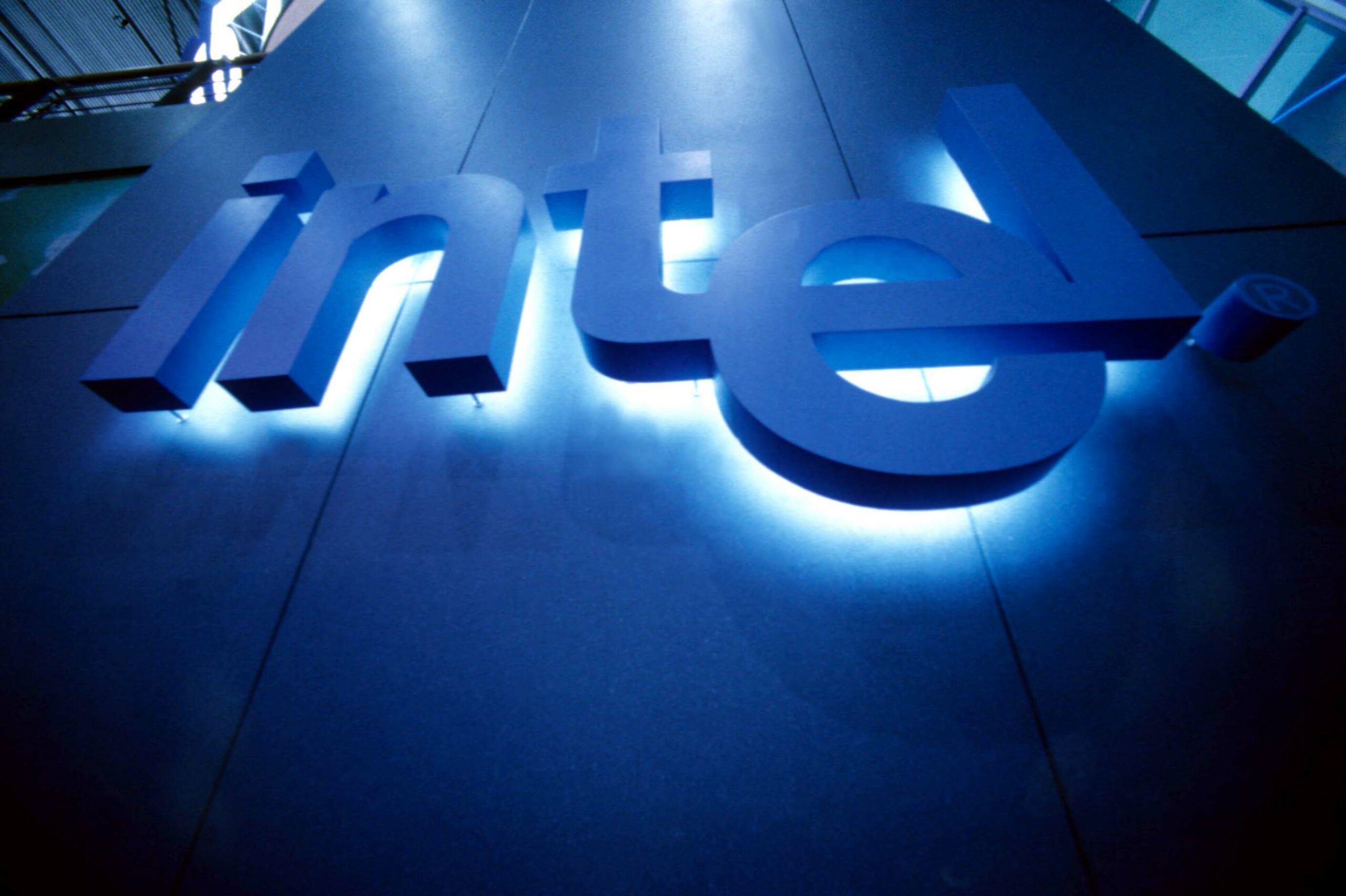Intel’s bidding game with Germany on subsidies for the microchip factory

Intel is asking for more government aid to build its microchip factory in Germany as costs rise. The German government is willing to provide more subsidies, provided however that the company increases its investment. All the details
Germany's government is trying to persuade Intel, a US company that makes semiconductors and various integrated circuits, to increase its investment in the country in exchange for higher subsidies.
WHAT DOES INTEL
Intel plans to build a large microchip factory in Magdeburg, eastern Germany, with an investment of 17 billion euros: it is the largest foreign direct investment in the country since the Second World War. The German government will support the expenditure with a subsidy of 6.8 billion. But the company would like Berlin to raise the figure to at least 10 billion, to compensate for the increase in energy prices and construction costs (consequences of the energy crisis created by Russia and the growth of inflation).
WHAT GERMANY WANTS
As the Financial Times revealed, Germany is willing to step up financial support, but only if Intel invests more than it has already announced. Sven Schulze, minister of the economy of the state of Saxony-Anhalt, of which Magdeburg is the capital, declared that "it is logical that if the size of the investment increases, so will the level of the subsidy".
The company, however, does not seem to have any intention of making more efforts. An unnamed German official seems to have figured this out, but still told the Financial Times that "we need Intel to meet us halfway."
THE DIFFICULTIES OF INTEL
Intel is having a difficult time, however, and if it were to increase its investment in Germany it would also increase the financial pressure on its accounts. The company recently said it will moderate capital expenditures for 2023 after it found itself forced to cut dividends to conserve resources following an unexpected slump in sales.
THE INFLUENCE OF THE UNITED STATES
Beyond the internal difficulties of Intel, the negotiations between the company and the German government are also affected by the situation in the United States, where the administration of President Joe Biden has approved a plan to support the domestic manufacturing of microchips from 52.7 billion dollars (the law, the CHIPS Act, contains 280 billion in all) with the aim of inducing companies, both domestic and foreign, to invest in America.
South Korean Samsung is building a $17 billion semiconductor plant in Texas. Taiwanese TSMC has earmarked $40 billion for two factories in Arizona. While Intel has spent about 40 billion on facilities in Arizona and Ohio.
In short, the greater convenience of the American context – between more substantial public aid and lower energy prices – could push Intel to concentrate the bulk of future investments in the United States, rather than in Germany and the European Union.
– Read also: Chip, Intel invests in Vietnam and gives up on Germany and Italy?
THE EUROPEAN UNION PLAN FOR MICROCHIPS
Even the state subsidies that Germany has provided for the Intel project are part of a broader EU plan to stimulate the microchip industry. In fact, similar to the US CHIPS Act, the European Chips Act – still under negotiation, however – aims to mobilize around 43 billion euros of public and private investment for the European semiconductor sector.
Through the European Chips Act, Brussels plans to double its semiconductor production share, which today is worth less than 10 percent globally but which it would like to bring to 20 percent by 2030. Germany, on the other hand, would like to reduce its dependence on abroad (mainly from Asia) for the microchips needed for electric cars and electronic devices such as smartphones.
INTEL WILL NOT CHANGE MY MIND, IT APPEARS
Despite the difficulties and the increase in expenses, it seems that Intel does not want to give up the Magdeburg factory: last November it also signed a contract for the purchase of the land where the factory will be built.
The German economy ministry declined to confirm to the Financial Times whether the government has really asked the company to increase its investment. He limited himself to saying that there are discussions with Intel to "close the difference in project cost [between the expected and the actual expenditure, ed ], which has increased significantly in recent months" due to the energy-inflationary crisis .
This is a machine translation from Italian language of a post published on Start Magazine at the URL https://www.startmag.it/innovazione/intel-germania-fabbrica-microchip-sussidi/ on Thu, 13 Apr 2023 13:20:43 +0000.
